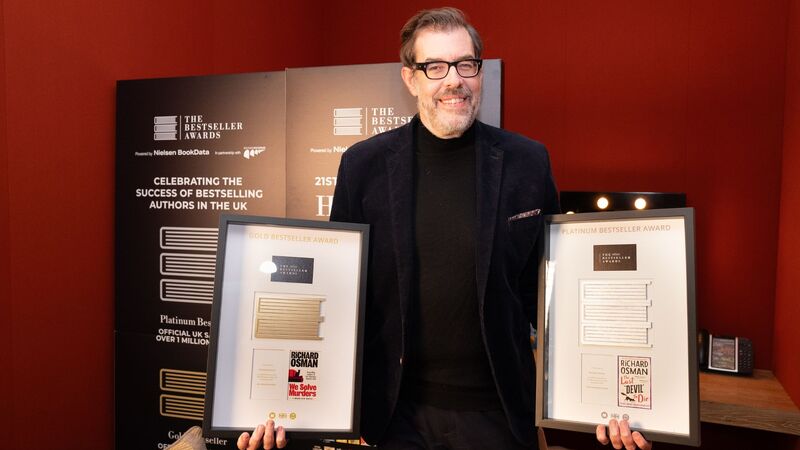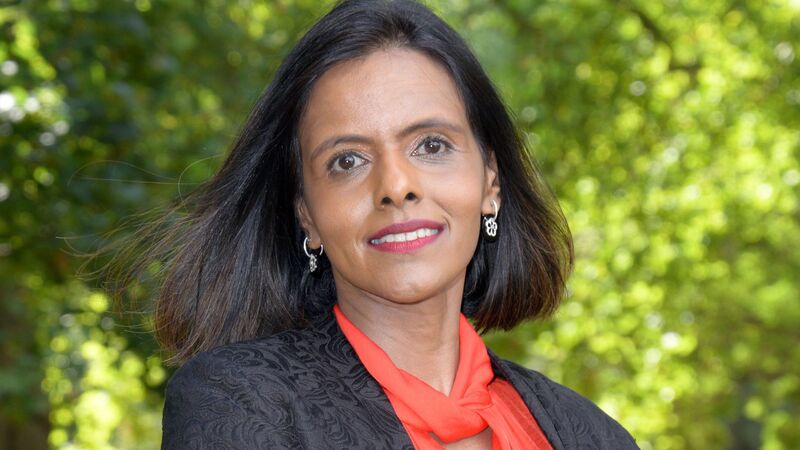You are viewing your 1 free article this month. Login to read more articles.
Gojimo's Burgess criticises lack of innovation from publishers
George Burgess, founder of edtech start-up Gojimo, has criticised education publishers for a lack of innovation in their field, commenting: "There is still a lot of opportunity in the edtech space and we don't see publishers doing it for themselves."
Gojimo's free revision app, developed with investment capital, is on track to reach one in three A level and GCSE students in 2016, after reaching one in five in 2015, Burgess said. Gojimo, which marketed its app direct to students via Facebook and Instagram, intends to monetise its business this year with its new, subscription Gojimo Tutor app.
But Burgess said publishers had been so slow in negotiating content licensing with Gojimo that the start-up had turned to producing its revision content itself. "One of the leading, biggest publishers took two years to negotiate a deal with us," he said.
However education publishers have defended their record robustly. Lis Tribe, m.d. of Hodder Education, told The Bookseller: "There are some start-ups that are very much in our space – Gojimo and GCSEPod – who say they are doing things that traditional publishers can't do. Excuse me, but digital is very much on our agenda.
"Edtech companies say, 'Traditional industries are weighed down by protecting their own business models and have to be profit-making while investing in the news, so they can't move fast'. I say, the books in our warehouses are not dragging us down but are money-generating and enable us to invest. We move with the market, we're not telling the market where to go."
Colin Hughes, m.d. of Collins Learning, which will launch its Bettermarks with Collins maths adaptive learning said some start-ups were "quite brilliant", including the likes of Show My Homework, which enables parents to see what homework schools have set for their child, and solves "a teaching problem". But most start-ups looking to be acquired or invested in by established publishers are worth just 10-20% of what they believe, he said: "Most of them simply cannot scale up to the level they imagine."
The key thing is handling innovation is "not to run too far from the curve," Hughes cautioned. "If the teaching and learning community isn't ready for it, you are going to spend an awful lot of money on something other people will benefit from [further down the line]."
At Oxford University Press, which backs the Emerge Education accelerator programme in Hackney, group strategy and development director Chris Bromley said: "We massively embrace it [edtech]...It is part of the ecosystem and has a lot to offer. The strengths of edtech start-ups are speed, technical competence and reach into the consumer, while for publishers it's content and a trusted brand. Dovetail them and it should be a good marriage."
Subscribers can read the full discussion on edtech and education publishing here.




















